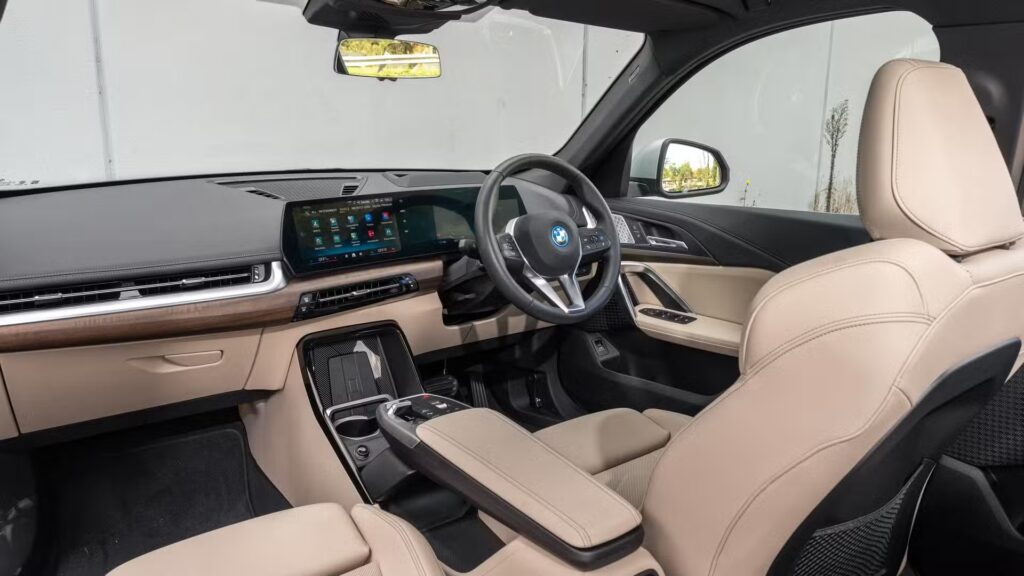When deciding between an electric vehicle (EV) and a petrol car, looking beyond the initial price tag is essential. While petrol cars are typically more affordable upfront, EVs can offer significant savings over time, particularly in running costs. However, the higher purchase price of EVs often leads to questions about whether the long-term savings truly outweigh the initial investment.

Let’s compare two similar vehicles: the petrol BMW X1 xDrive20 and the electric BMW iX1 eDrive20. Both are premium compact SUVs offering comparable performance and specifications. The petrol X1 may seem cheaper initially, but the iX1 shines regarding day-to-day operating costs. If you drive around 12,000 km annually, the iX1’s reliance on electricity instead of petrol becomes a significant advantage. With electricity priced at an average of $0.30 per kWh compared to petrol at $1.90 per litre, the yearly running cost of the electric car is notably lower. However, the key question remains: Can these savings justify the higher price?

The iX1 costs approximately $8500 more than the petrol X1, yet it saves you around $1083 per year on fuel and maintenance. While this is beneficial, it would take about eight years to recoup the difference in upfront costs through these savings alone. This timeline can seem lengthy, especially for buyers seeking immediate financial relief. But there’s more to consider, such as the available electric vehicle incentives, which could considerably shorten this payback period.
One way to make the electric option far more appealing is through a novated lease. This salary sacrifice option allows employees to pay for their vehicle and its running costs before tax, which can drastically reduce the overall cost of owning an EV. Thanks to fringe benefits tax (FBT) exemptions on EVs priced under the luxury car tax threshold, a novated lease could make the iX1 more affordable than it first appears. With a novated lease, weekly payments for the iX1 can drop to around $250, putting it in the same cost range as much cheaper petrol cars like the Mazda CX-30.
In summary, while petrol cars may still be cheaper to buy and insure, electric vehicles offer significant savings in running costs and servicing, particularly when paired with salary packaging options. For drivers with access to novated leases or similar incentives, the financial benefits of owning an EV can be substantial, making electric cars an attractive option for the long term.
 BMW.SG | BMW Singapore Owners Community The Ultimate BMW Community – Established Since 2001
BMW.SG | BMW Singapore Owners Community The Ultimate BMW Community – Established Since 2001













